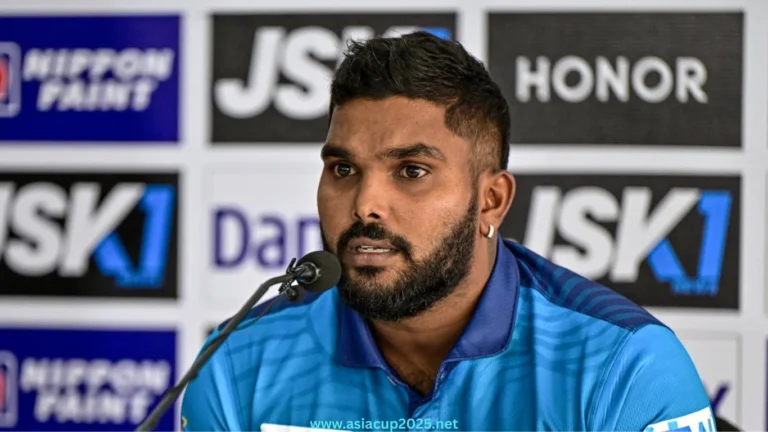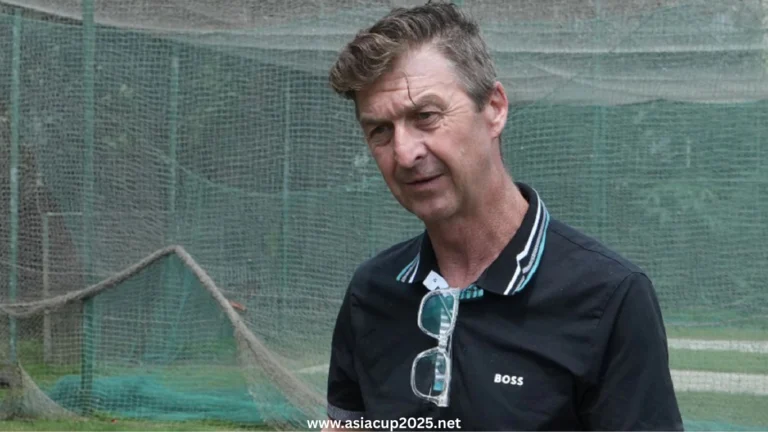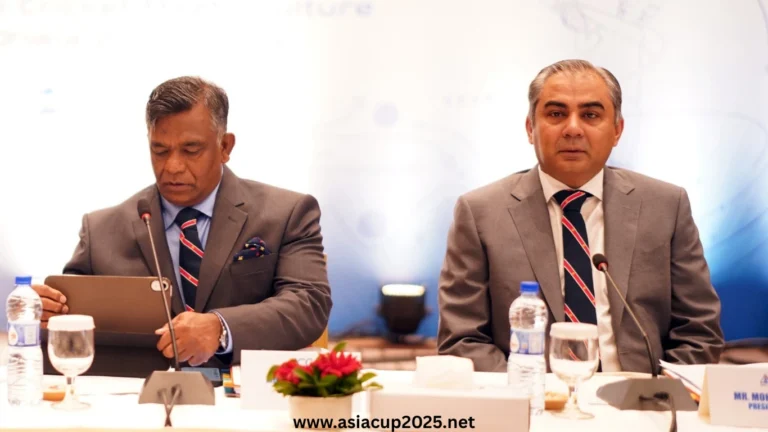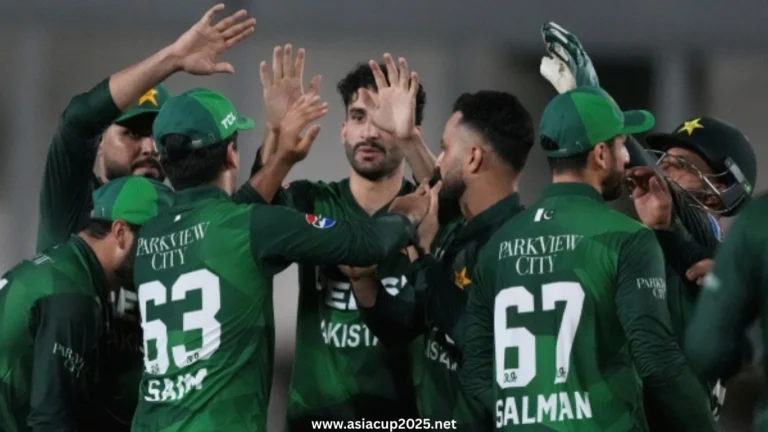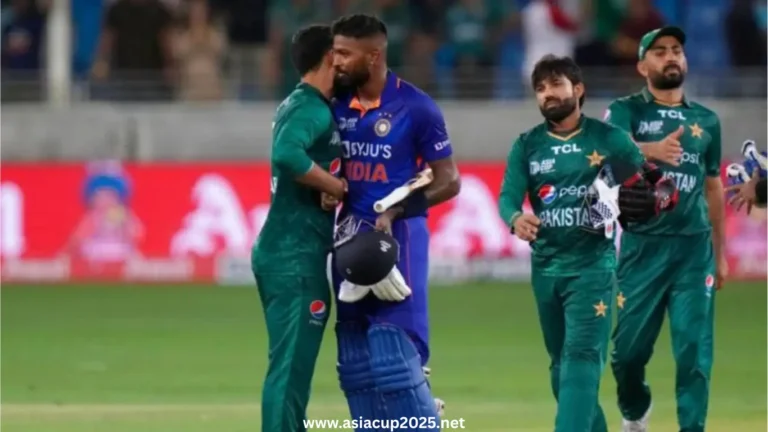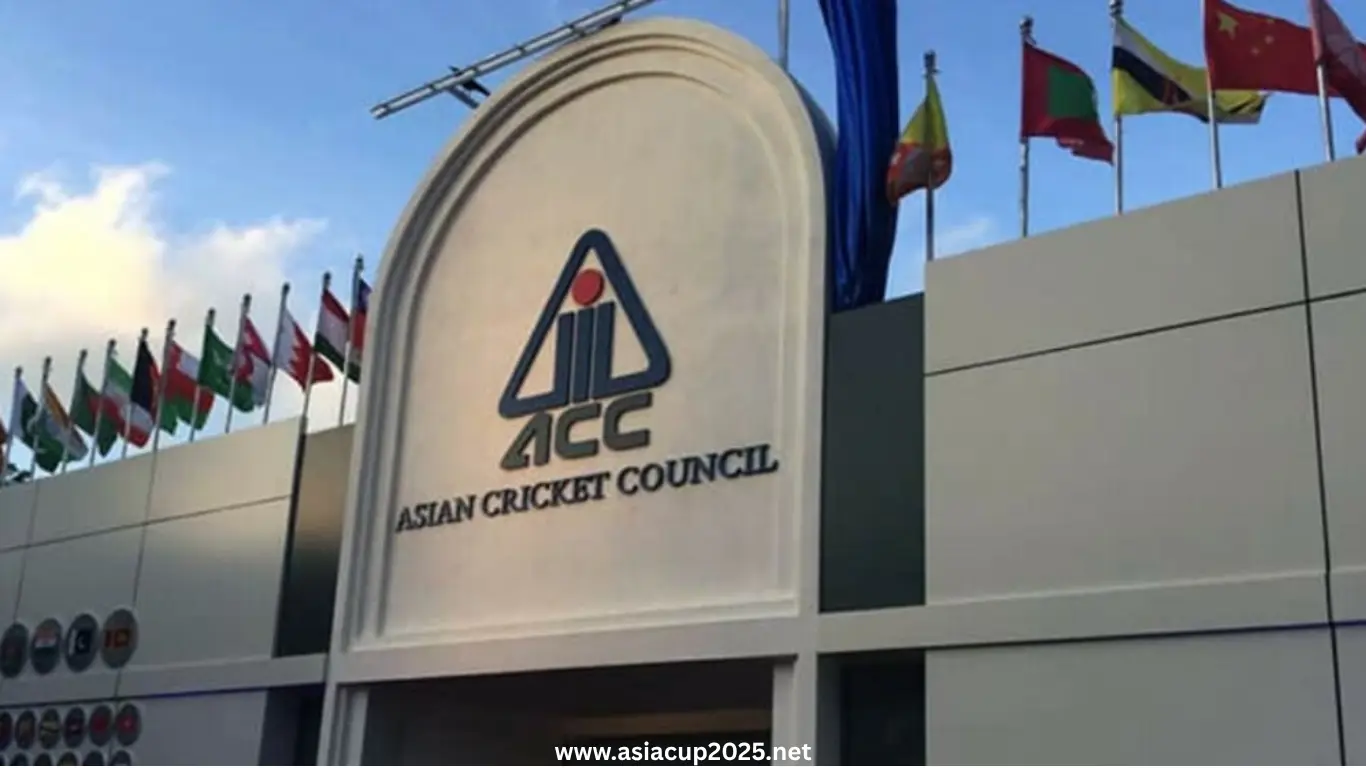
The Asia Cup 2025 has reached a defining moment — and the Asian Cricket Council (ACC) isn’t waiting for everyone to be on board.
In a highly unusual move, the ACC’s critical meeting is going ahead in Dhaka despite a sweeping boycott by four major cricket boards: India, Sri Lanka, Afghanistan, and Oman. The session, chaired by Pakistan’s Mohsin Naqvi in his capacity as ACC President, could shape the tournament’s future — but without key voices at the table, its legitimacy is already being questioned.
A Meeting Without a Mandate?
The absence of the Board of Control for Cricket in India (BCCI) — the financial and political heavyweight of Asian cricket — has already cast a shadow over the Dhaka summit. But what’s raised even more eyebrows is that the ACC has chosen to proceed anyway, even as more members opt to stay away.
Sources say Sri Lanka, Afghanistan, and Oman have aligned themselves with India’s decision to boycott the meeting, objecting both to the location and the process.
A senior cricket analyst noted:
“It’s very rare for the ACC to move forward on such a high-level meeting without full participation. This shows how fractured the council has become.”
Yet Pakistan and Bangladesh, who are physically attending, appear determined to press on. Mohsin Naqvi landed in Dhaka late Tuesday night and has signaled that decisions will be made — with or without consensus.
Political Tensions Now Driving Cricket Decisions
India’s formal position has been that the meeting venue should be moved due to “strained relations with Bangladesh,” a sentiment communicated directly to the ACC. But the council refused to shift the location, leading to what is now being seen as an open challenge to India’s influence.
Behind the scenes, the larger issue is the future of the Asia Cup 2025, currently scheduled to be hosted by India in September. With relations between India and Pakistan deteriorating after a military confrontation in May, the tournament’s feasibility is now under threat.
Among the most pressing questions being discussed in Dhaka:
- Will Pakistan agree to play in India?
- Will the Asia Cup be moved to a neutral venue under a hybrid model?
- Can the tournament proceed at all if the ACC remains split?
Mohsin Naqvi Holds the Gavel — But Can He Bridge the Divide?
As both PCB Chairman and ACC President, Mohsin Naqvi finds himself in a powerful but precarious position. On one hand, he has the authority to lead the meeting and shape its agenda. On the other, without India and other key members, any resolution may lack enforcement.
Still, Naqvi seems unfazed. His arrival in Dhaka despite the boycott is being interpreted as a statement: Pakistan is not backing down, and the tournament will not be dictated by one board alone.
A PCB source told:
“We’re not here to argue — we’re here to find a way forward. But the process can’t be held hostage just because some boards don’t show up.”
A Hybrid Model — Again?
The possibility of a hybrid model, where Pakistan plays its matches at neutral venues, is reportedly on the table. It would be a repeat of the 2023 arrangement, when India refused to travel to Pakistan and the tournament was split across countries.
However, in 2025, the dynamics are reversed: India is the host, and it’s now Pakistan potentially refusing to travel — leading many to ask whether fairness will be applied consistently.
With no BCCI official present to negotiate terms, progress on this front remains uncertain.
Formal Dinner Tonight, Decisions Tomorrow
Before any decisions are finalized, a formal ACC dinner is scheduled for tonight in Dhaka. Such dinners typically set the tone for the next day’s meetings — but this time, the absences will be just as loud as the conversations in the room.
A working session is expected on Thursday, where members present will likely propose formal resolutions about the format, venue, and participation of teams.
Whether those resolutions hold weight across the ACC remains to be seen.
The Stakes Couldn’t Be Higher
At stake is more than just the Asia Cup. This is about the credibility of the ACC, the influence of its member boards, and whether regional cricket can rise above political divides.
One thing is certain: the Asia Cup 2025 will not go forward unchanged. The only question is — who will be left to play?

